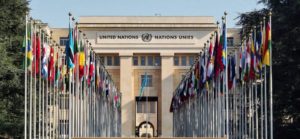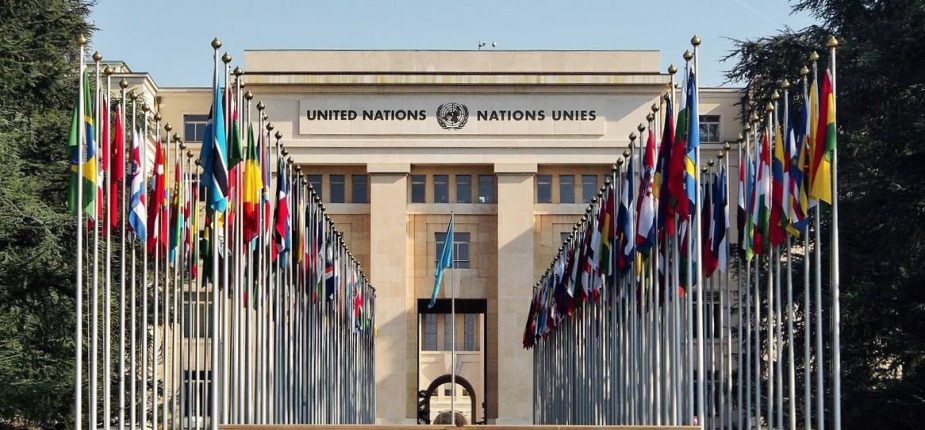UN-Sahara: Behind the scenes consultations come up against human rights issues
 The negotiations are still ongoing behind the scenes at the United Nations in New York, ten days before the deadline for the Security Council vote of a new resolution on the Sahara, scheduled for April 29.
The negotiations are still ongoing behind the scenes at the United Nations in New York, ten days before the deadline for the Security Council vote of a new resolution on the Sahara, scheduled for April 29.
The diplomatic missions of the member countries of the Security Council, particularly France and the United States, are still unable to agree on the final version of the draft resolution, particularly with regard to the MINURSO mandate. Washington wants to limit the mandate to six months instead of a year as in the past. It also wants to impose an independent “mechanism” for monitoring human rights in the Sahara, an idea that Morocco has always rejected.
On Thursday (April 18), Moroccan Foreign Minister Nasser Bourita informed the Cabinet Council about the ongoing consultations at the United Nations on the Sahara issue and the content of the new resolution to be adopted by the Security Council, a statement issued by the Prime Minister’s office said.
Bourita notably mentioned “some unproductive ideas and projects” he was presented with during his recent diplomatic contacts on the nature and future of MINURSO.
In his presentation before the cabinet, Nasser Bourita also brought up the two roundtables on the Sahara held in December 2018 and March 2019 in Geneva, with the participation of all parties to the conflict.
Bourita’s presentation revealed that Moroccan diplomacy is irritated by the human rights monitoring mechanism in the Sahara that Washington seeks to impose, although a similar US attempt had been rejected by the Security Council in 2013.
To foil this new attempt, Rabat is relying on the support of France as well as on the understanding of China and Russia, all three permanent members of the Security Council, which have the right to veto any unwanted resolution.
In this case, the United States has no other choice than to revise its text and present a new version that is backed by the four other permanent members of the Security Council.

